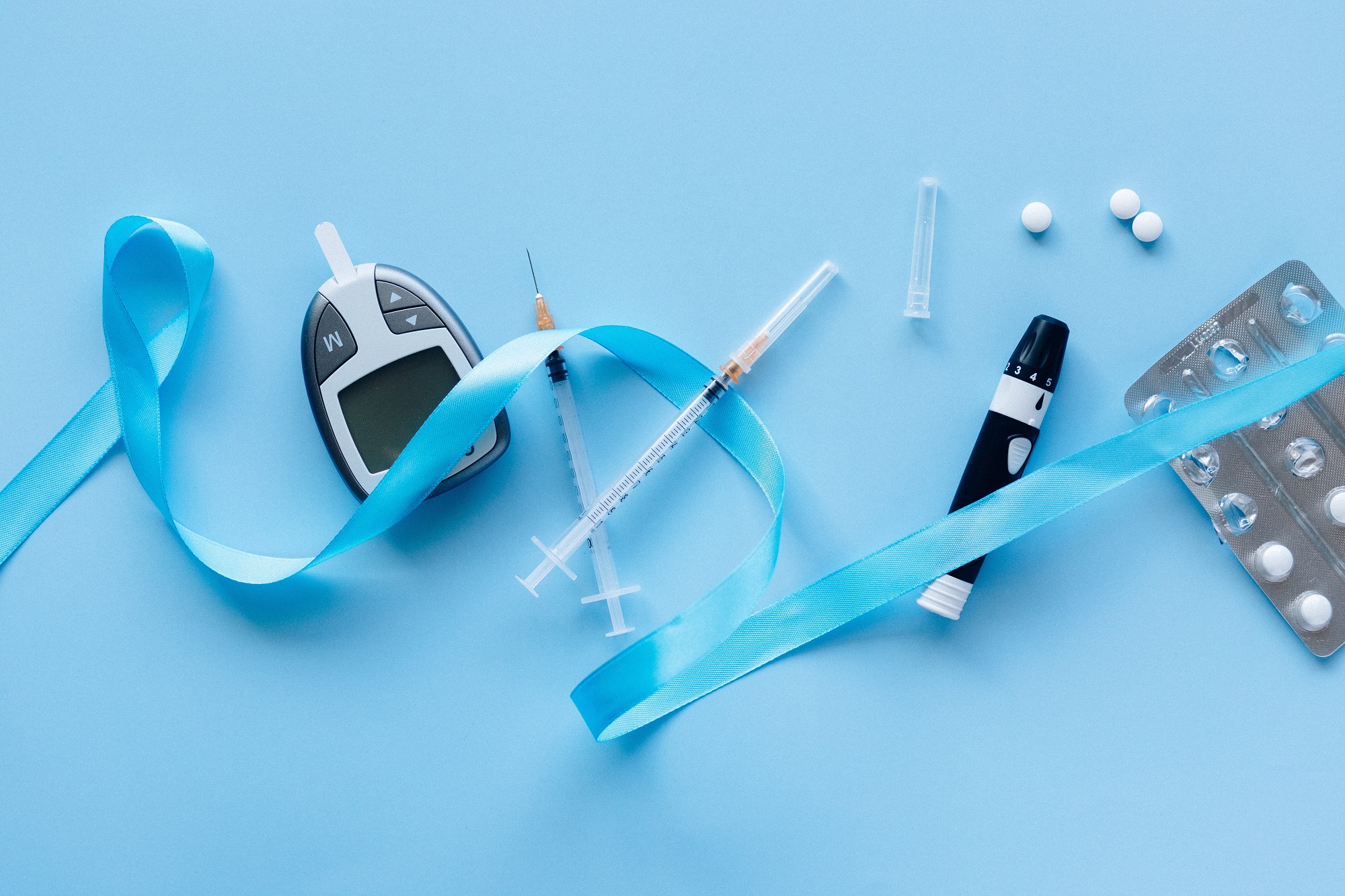
A Beginner’s Guide to Diabetes: Discovering Diabetes-Friendly Snacks
If you or someone you know has recently been diagnosed with diabetes, you might be feeling a bit overwhelmed. No need to worry! Understanding diabetes and how to manage it can be simpler than you think. One of the best places to start is with your diet, as all individuals living with non visible disabilities understand, especially when it comes to finding diabetes-friendly snacks that satisfy your cravings without spiking your blood sugar levels.
What is Diabetes?
Before we dive into snacks, let’s quickly cover what diabetes is. Essentially, diabetes is a condition that affects how your body uses sugar (glucose), which is a crucial source of energy. There are two main types: Type 1, where the body doesn’t produce insulin, and Type 2, which is more common and occurs when the body doesn’t use insulin properly. Regardless of the type, managing your blood sugar levels is key, and that starts with making smart food choices as well as to maintain a healthy lifestyle as much as possible. You can find more information about the different types of diabetes and how to manage the condition with an accu chek insulin pump at The London Diabetes Centre.
Why Snacks Matter
Snacking can be a tricky business for those with diabetes. On one hand, snacks can help keep your energy levels stable throughout the day. On the other hand, choosing the wrong snack can lead to unwanted blood sugar spikes. The good news? There are plenty of delicious diabetes-friendly snacks out there that can keep your cravings in check while supporting your health.
Diabetes-Friendly Snacks: What to Look For
When selecting snacks, aim for options that are low in sugar and refined carbs, high in fibre, and filled with healthy fats and proteins. Here’s a quick guide to some of the best diabetes-friendly snacks:
1. Nuts and Seeds
A handful of almonds, walnuts, or pumpkin seeds can make a great snack. They’re packed with healthy fats, protein, and fibre, which helps stabilise blood sugar levels. Plus, they’re super easy to carry around!
2. Greek Yogurt
Opt for plain, unsweetened Greek yogurt. It’s high in protein and can be paired with fresh berries for a touch of sweetness without the added sugars. Just be mindful of portion sizes!
3. Veggies and Hummus
Crunchy veggies like carrots, celery, and bell peppers dipped in hummus are not only tasty but also provide fibre and protein. It’s a great way to get your daily dose of veggies while keeping your blood sugar in check.
4. Hard-Boiled Eggs
Eggs are a fantastic source of protein and healthy fats. Hard-boiled eggs are easy to prepare in advance and make for a filling snack that can help you feel satisfied between meals.
5. Whole Grain Crackers with Cheese
Choose whole grain crackers with a small slice of cheese. The fibre from the crackers combined with protein from the cheese can help keep your blood sugar levels stable.
6. Fruit with a Twist
Fruits are healthy, but be cautious with portions. Opt for low-glycemic fruits like berries, cherries, or apples. Pair them with a nut butter or sprinkle some cinnamon for added flavour without the sugar rush.
Conclusion
Navigating a diabetes diagnosis can be challenging, but choosing the right snacks doesn’t have to be! With a bit of creativity and an eye for nutrition, you can enjoy delicious and satisfying diabetes-friendly snacks that fit your lifestyle. Remember, it’s all about balance. So, get ready to snack smart and savour every bite! If you have any questions or need more tips, don’t hesitate to reach out.
Until next time.




